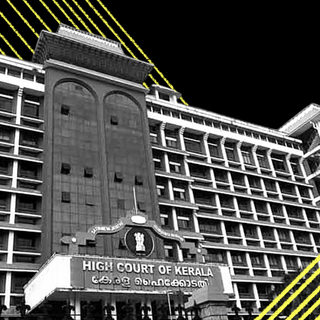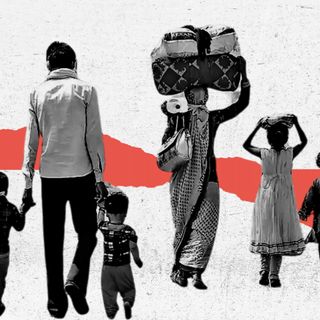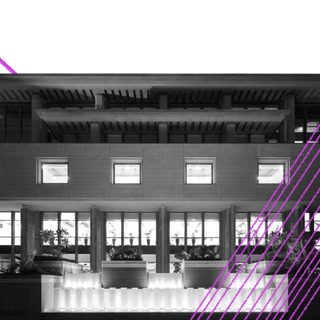The Delhi High Court held on Tuesday that a person who takes others’ photos from Facebook and Instagram and uploads them to porn websites without their consent is guilty under Section 67 of the Information Technology Act, which will lead to imprisonment up to three years and a fine up to five lakh rupees. Non-consensual use of photos remains a violation even if the photos aren’t “obscene,” the court added.
This ruling comes in response to an individual who alleged her photos were uploaded to porn websites despite having privacy settings on her social media accounts. A single-judge bench comprising Justice Anup Jairam Bhambhani noted that lifting personal pictures from Instagram and Facebook, without her explicit permission, amounted to a breach of individual privacy.
This ruling comes as a positive precedent for women, who are constantly surveilled in the digital domain; they are further restricted from using the internet and social media to its full potential. They constantly face the threat of having their photos and videos circulated online without their permission — especially in online forums where their images will be objectified.
To safeguard users’ privacy, the judge put forth guidelines for intermediaries (websites that hosted the photos) in these situations to protect the affected individual’s privacy, as mandated under the Intermediaries and Information Technology (Intermediary Guidelines and Digital Media Ethics Code) Rules, 2021.
Related on The Swaddle:
Pornhub Promises to Ban Unverified Uploads, Expand Content Moderation Efforts
The bench stated that such websites were “mandated to remove and disable access to offending content” once they receive “actual knowledge” of the objectionable content’s existence by way of a court order or government intimation. All websites that host images of individuals without their consent receive 24 hours after a complaint is filed to take all reasonable measures available to remove the impacted individuals’ content. If not removed, these platforms will lose the exemptions from liability provided to them under Section 79(1) of the IT Act. In short, if the intermediaries do not remove objectionable posts and links within the stipulated time, they will also be prosecuted along with the third-party individual who made the posts.
Further, the court also stated that all search engines, like Google or Bing, must block search results to the non-consensual content around the world. The ruling said, “…Given the nature of the internet, offending content cannot be completely ‘removed’ from the world-wide-web, offending content can be made unavailable and inaccessible by making such content ‘non-searchable’ by de-indexing and de-referencing it from the search results of the most widely used search engines, thereby serving the essential purpose of a court order almost completely.” The ‘de-indexing’ and ‘de-referencing’ are common ways of removing online content.
This ruling is notable for another reason: it strengthens laws against revenge porn practices, which involve leaking women’s intimate photos on pornographic websites as a reaction to rejection from the victim. This is particularly important considering there is no revenge porn-specific law in India yet, and the IT act is the only means to prosecute such cases as of now. Holding intermediaries and search engines accountable to individuals’ privacy is imperative to ensuring that justice involves maintaining their privacy.




